15 Millennial Entrepreneurs Who Changed the Game
Millennial entrepreneurs are shaking things up across industries, redefining what it means to be a leader in the digital age. They’re creating world-changing companies, turning side hustles into empires, and using technology in ways that even Silicon Valley never saw coming. From app developers to eco-friendly pioneers, these visionaries have brought fresh perspectives, often prioritizing social impact along with financial success. Here are 15 millennial entrepreneurs who truly changed the game.
1. Mark Zuckerberg – The Social Media Architect
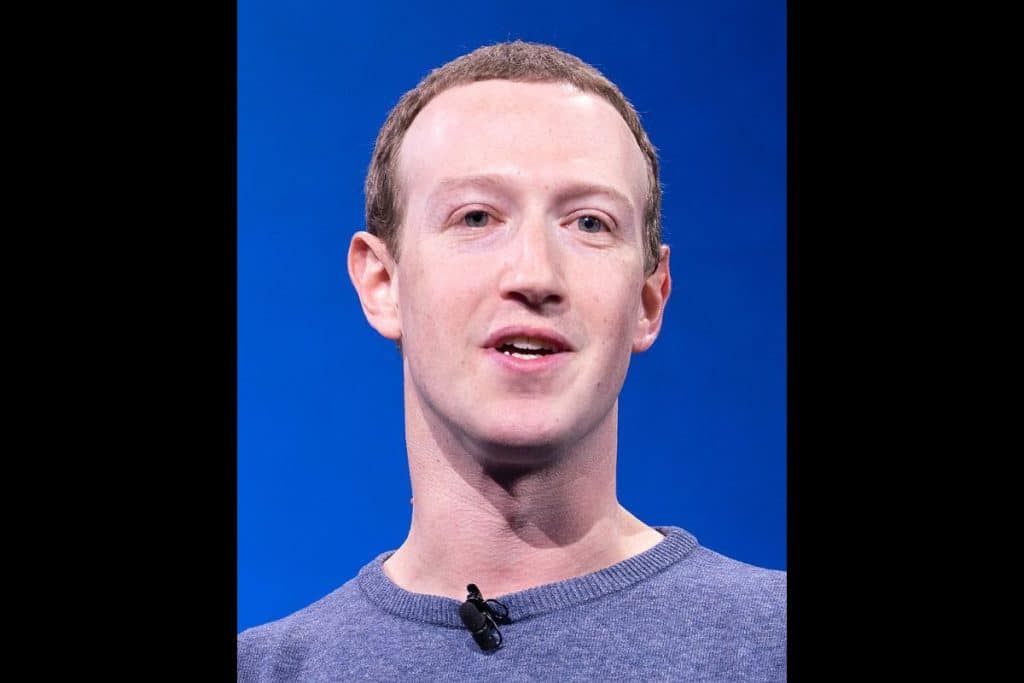
It’s impossible to talk about millennial entrepreneurship without mentioning Mark Zuckerberg, who co-founded Facebook from his Harvard dorm room. Zuckerberg transformed social media from a college project into a worldwide phenomenon, connecting billions and reshaping how people communicate. His influence sparked an entire industry of social networking and digital marketing. Facebook has expanded to include Instagram and WhatsApp, placing Zuckerberg among the most influential tech entrepreneurs in history.
2. Whitney Wolfe Herd – The Dating App Disruptor
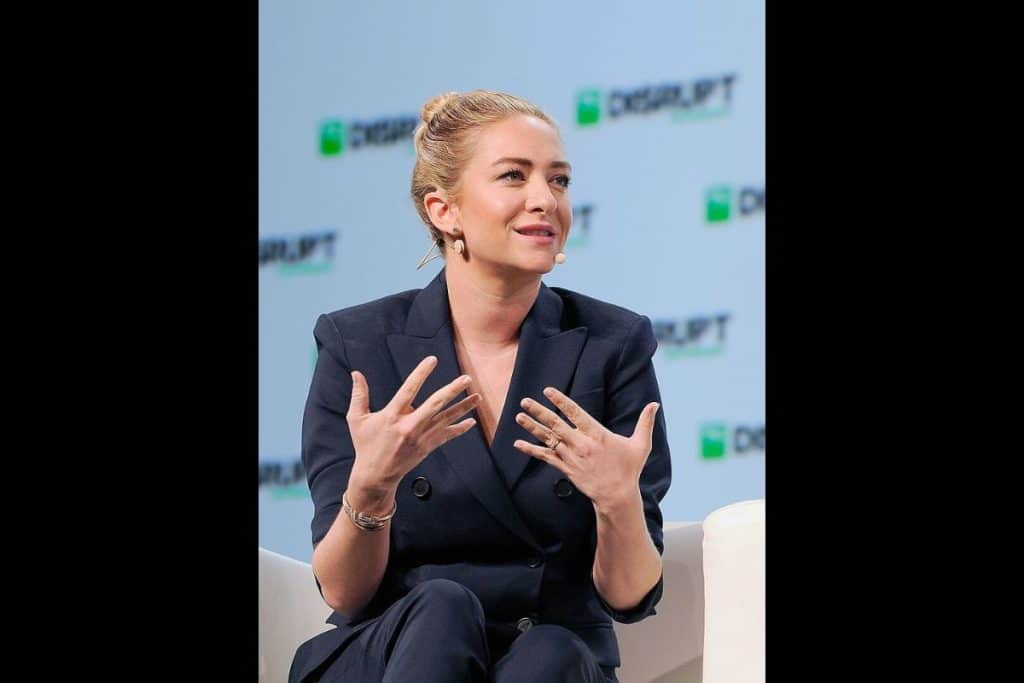
Whitney Wolfe Herd didn’t just create a dating app; she redefined the entire concept of online dating with Bumble. By giving women the power to make the first move, Wolfe Herd changed the game in a traditionally male-dominated arena. Bumble’s “female-first” model attracted millions of users and led to Wolfe Herd becoming the youngest woman to take a company public at just 31. She’s shown the world that inclusivity and empowerment can be a winning formula.
3. Elon Musk – The Space and Electric Car Pioneer
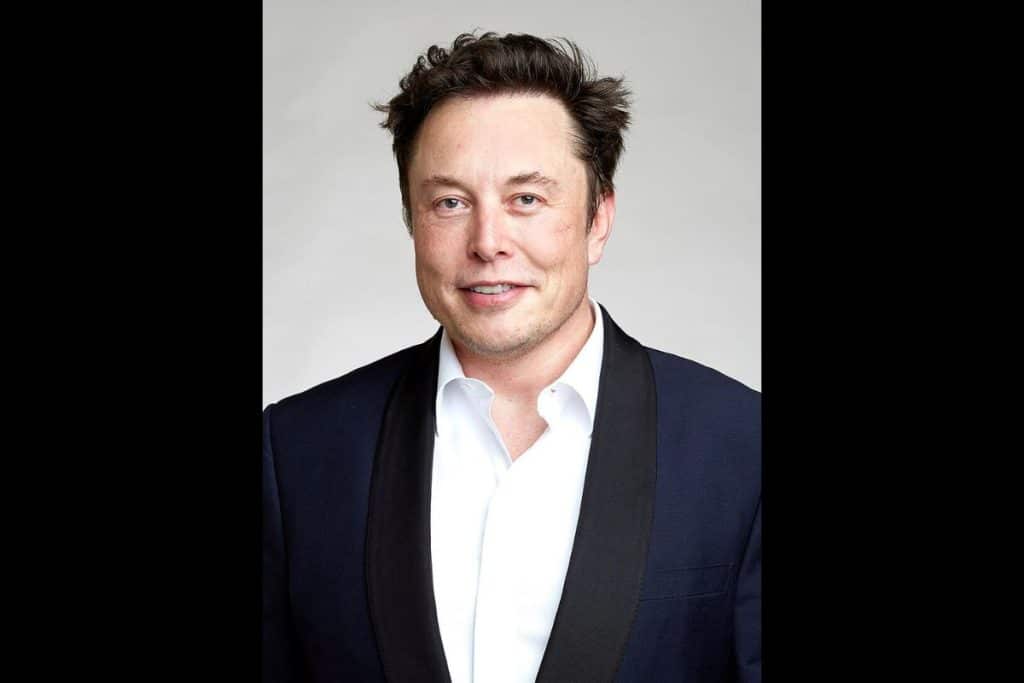
While Elon Musk is on the cusp of millennial status, he’s a tech innovator with major millennial appeal. Tesla, SpaceX, and Neuralink are just a few of the ambitious ventures Musk launched, each reshaping its industry. With a commitment to clean energy and an audacious vision of interplanetary exploration, Musk is both admired and occasionally criticized. His work is inspiring a new generation of tech entrepreneurs to think beyond the usual boundaries of business.
4. Evan Spiegel – The Ephemeral Messaging King

Evan Spiegel co-founded Snapchat with the simple idea of ephemeral messages, and it quickly became a millennial favorite. With fun filters and disappearing stories, Spiegel’s innovation didn’t just redefine social media; it influenced how people communicate, especially among younger generations. Snapchat’s impact was so profound that other platforms, including Instagram and Facebook, adopted similar features. Spiegel’s success cemented him as one of the most creative minds in tech.
Follow us for more of these articles.
5. Melanie Perkins – The Design Democratizer
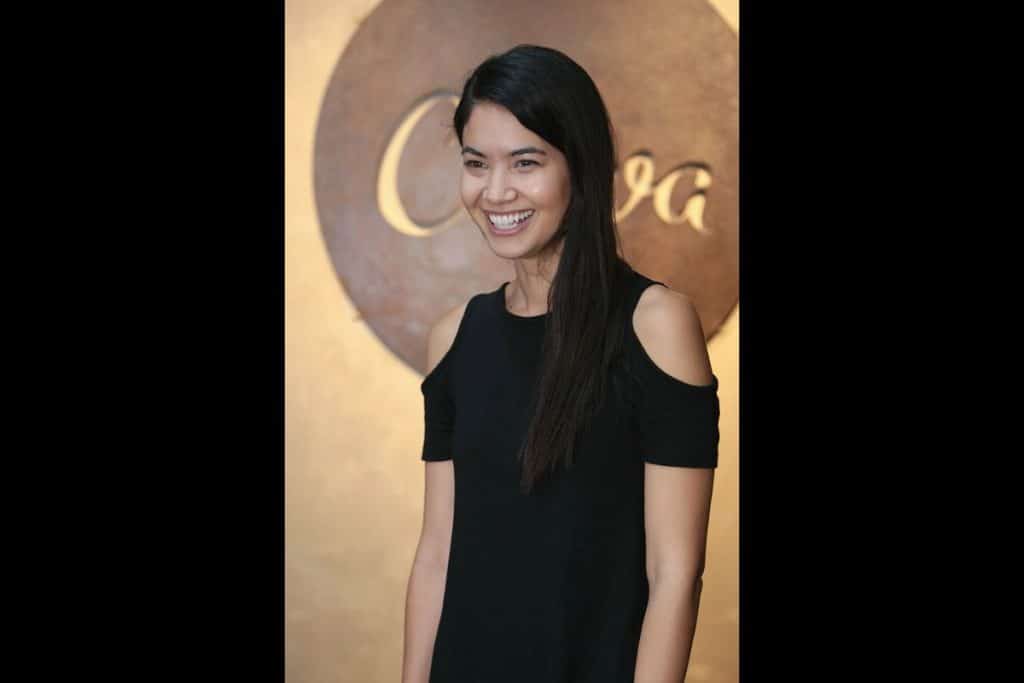
Melanie Perkins founded Canva with a clear goal: make design accessible to everyone, regardless of skill level. Canva’s intuitive platform allows users to create high-quality graphics without expensive software or design experience. Now valued in the billions, Canva has leveled the playing field, empowering small businesses, teachers, and creators. Perkins has changed how people approach visual content, bringing design to the masses with just a few clicks.
6. Brian Chesky – The Travel Revolutionist
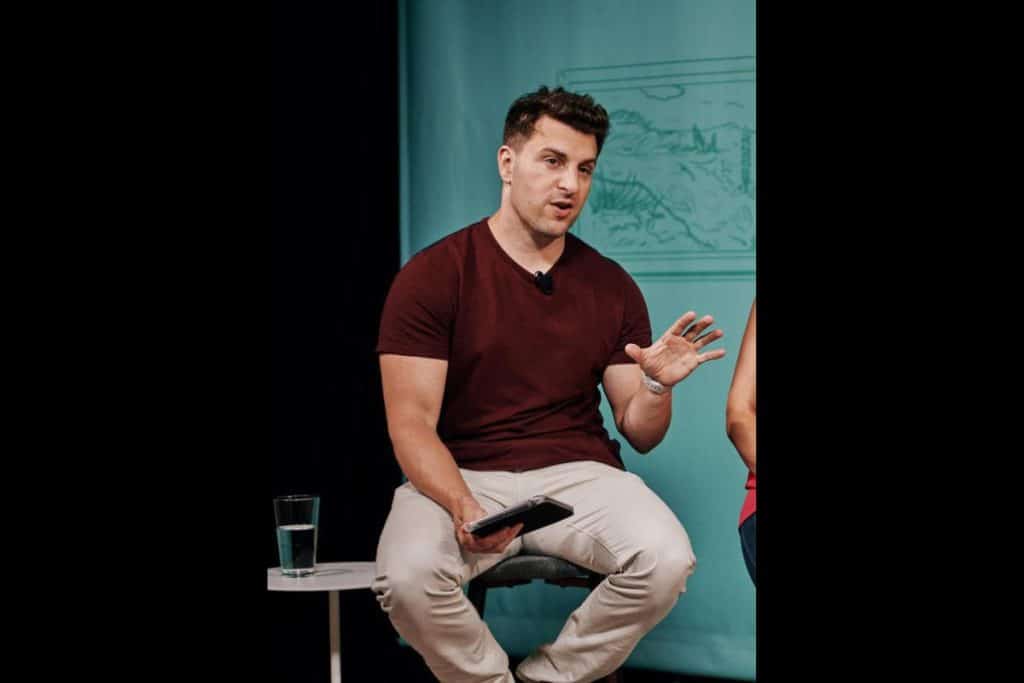
Brian Chesky, co-founder of Airbnb, transformed how people travel by introducing the world to a more personal, immersive lodging experience. Airbnb’s platform allows anyone to turn their home into a mini-hotel, disrupting the traditional hospitality industry. Chesky’s vision enabled affordable, unique stays for millions of travelers, creating an entirely new sector in tourism. Airbnb has become a staple for millennial travelers, blending adventure with affordability.
Follow us for more of these articles.
7. Ben Silbermann – The Visual Discovery Genius

As the co-founder of Pinterest, Ben Silbermann tapped into the visual appeal of content sharing with a platform that allows users to “pin” ideas for everything from recipes to travel. Pinterest became a major resource for inspiration and planning, especially among millennials. It evolved into a marketplace for e-commerce, advertising, and even social causes, showing that platforms can be as practical as they are inspirational.
8. Michelle Phan – The Beauty Mogul
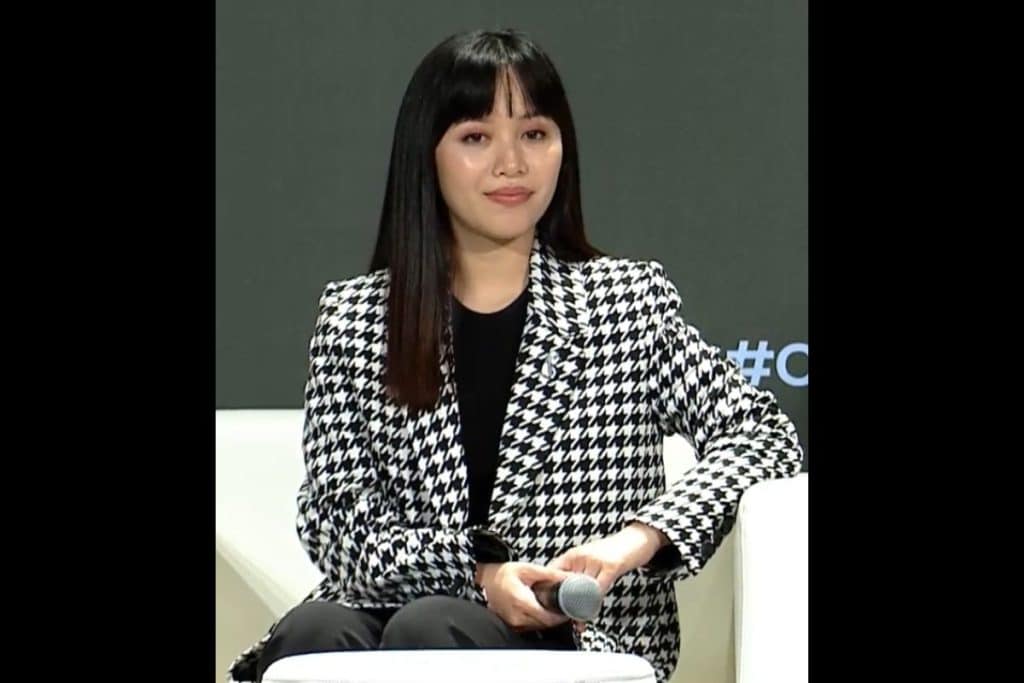
Michelle Phan turned her YouTube makeup tutorials into a multi-million-dollar beauty empire, including her own line, EM Cosmetics. Phan pioneered influencer marketing long before it became mainstream, and her approach changed the landscape of both social media and the beauty industry. She showed that anyone with passion, talent, and a good webcam can build a global brand. Phan continues to inspire creators and entrepreneurs to turn their hobbies into businesses.
Follow us for more of these articles.
9. Emily Weiss – The Beauty Industry Game-Changer
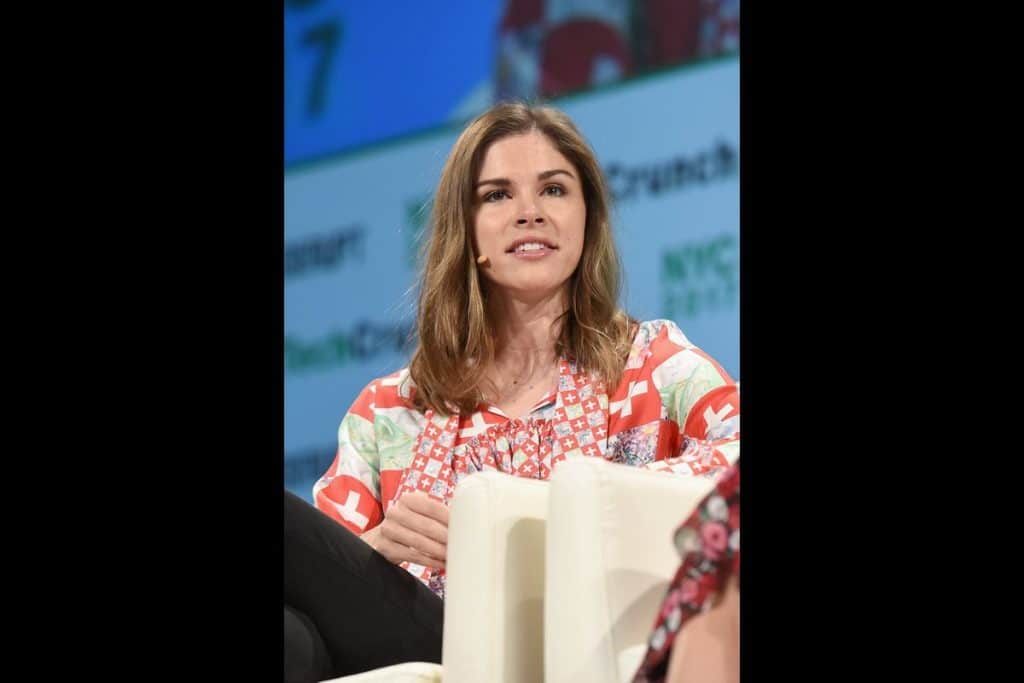
Emily Weiss took the beauty world by storm with Glossier, a direct-to-consumer makeup and skincare brand. Initially a blog, Weiss’s “Into The Gloss” evolved into a cult-favorite beauty line that emphasizes natural beauty and skincare. Glossier’s minimalist, inclusive approach has resonated strongly with millennials, sparking a wave of community-driven beauty brands. Weiss showed that the best way to launch a brand is by listening to your audience.
10. Daniel Ek – The Music Streaming Maestro
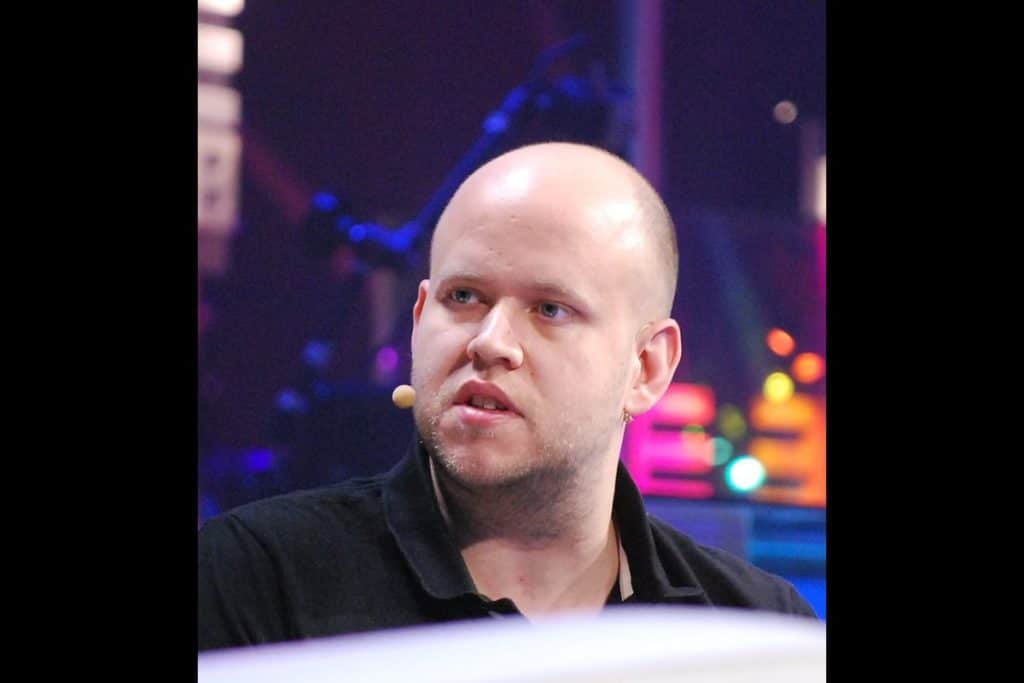
Daniel Ek revolutionized the music industry with Spotify, a platform that made streaming the preferred method for music consumption worldwide. Ek’s innovation wasn’t just about access to music but creating a model where artists could reach listeners directly. While Spotify’s artist compensation model has faced scrutiny, its role in reshaping music distribution can’t be denied. Ek made music more accessible and personalized than ever.
Follow us for more of these articles.
11. David Karp – The Blogging Pioneer
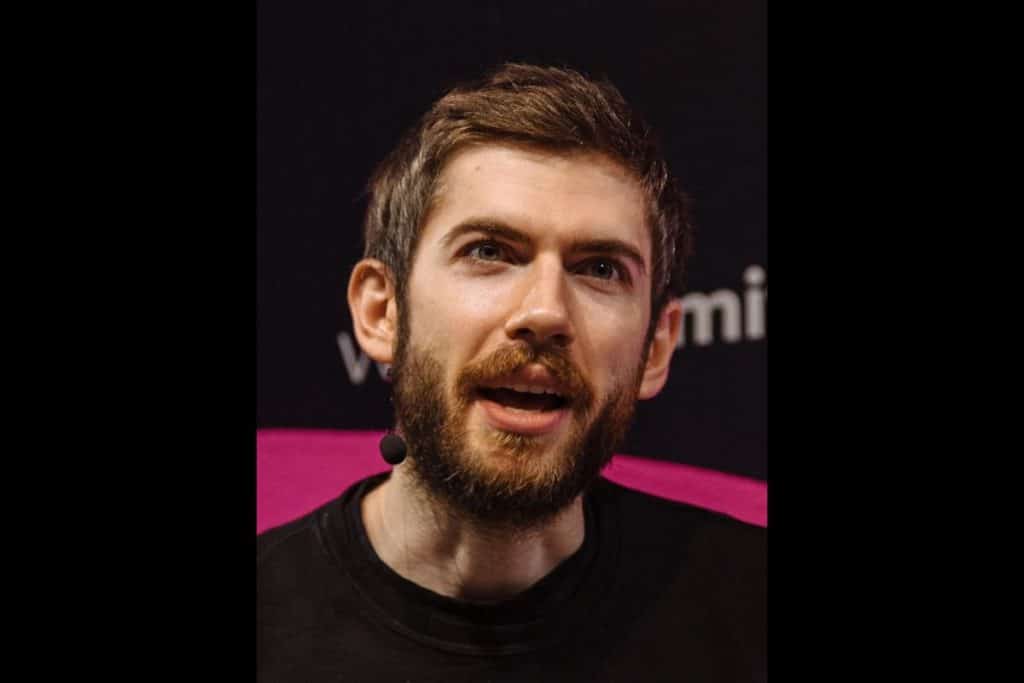
David Karp’s Tumblr provided an early platform for creative expression, blending blogging with social media in a way that resonated deeply with millennials. Tumblr became a haven for niche communities, artists, and fandoms, influencing internet culture in ways still seen today. Although Karp later left the company, his creation remains iconic in digital culture, especially among millennials who grew up with it.
12. Alexis Ohanian – The Community Builder

As co-founder of Reddit, Alexis Ohanian helped build one of the internet’s largest and most influential communities. Reddit’s format encourages discussion, debate, and community-building on topics from memes to social justice. Known as “the front page of the internet,” Reddit has shaped digital conversations and community interactions. Ohanian’s work underscored the value of creating spaces where people can connect and share information freely.
Follow us for more of these articles.
13. Joe Gebbia – The Design Mind Behind Airbnb

Joe Gebbia, alongside Brian Chesky, played a critical role in shaping Airbnb’s design and user experience. With a background in design, Gebbia helped create a user-friendly platform that resonated with travelers and hosts alike. Airbnb’s simple yet powerful interface made it easy for anyone to book or host, creating a trusted community. Gebbia’s work highlighted the importance of user-focused design in tech.
14. Sophia Amoruso – The OG #GirlBoss
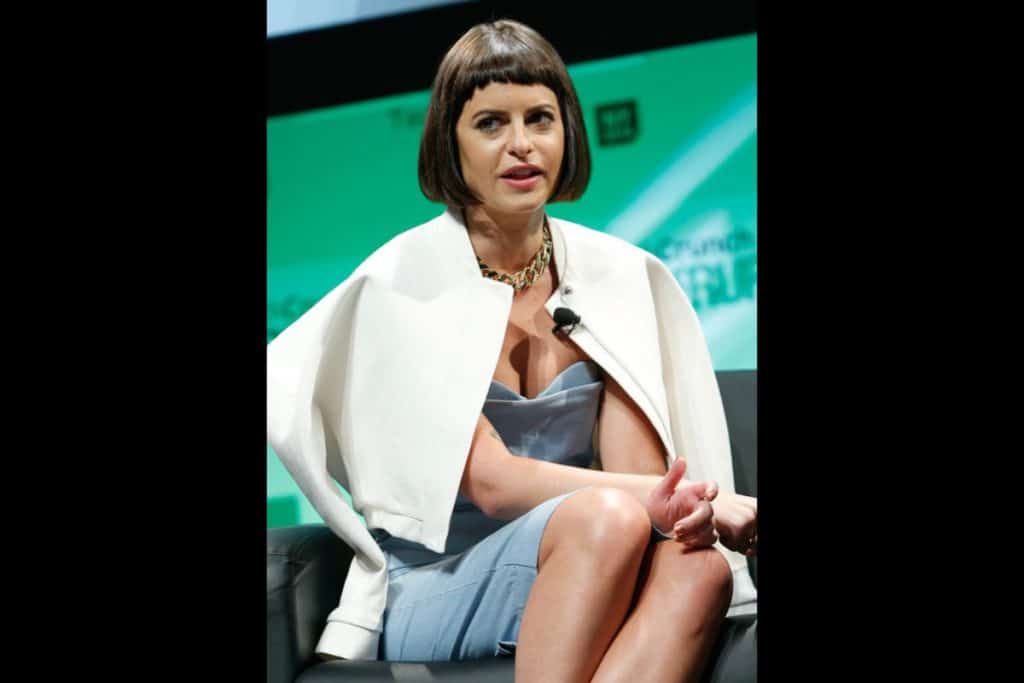
Sophia Amoruso turned her eBay vintage clothing shop into a fashion empire with Nasty Gal, a bold brand that empowered millennial women. Though the company faced ups and downs, Amoruso’s #GirlBoss movement became a cultural phenomenon, inspiring women to take charge in their careers. She made a huge impact on how millennials view entrepreneurship, particularly for women seeking to break into the business world.
Follow us for more of these articles.
15. Reshma Saujani – The Tech Educator

Reshma Saujani founded Girls Who Code, an organization dedicated to closing the gender gap in tech by teaching young girls how to code. Through camps, courses, and partnerships, Girls Who Code empowers the next generation of women in STEM. Saujani’s work has made tech more accessible and inclusive, inspiring young women to pursue careers in an industry that was long considered male-dominated. Her impact goes beyond coding—it’s about breaking down barriers.
Like our content? Be sure to follow us!






